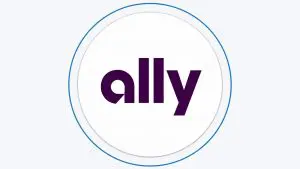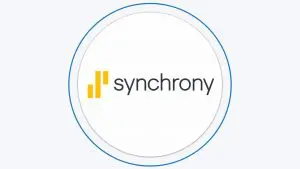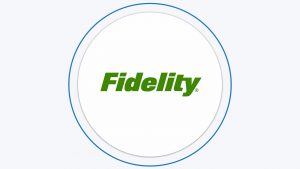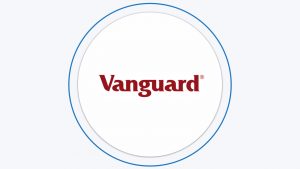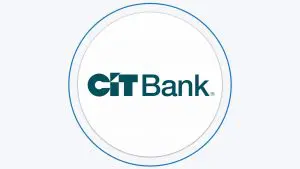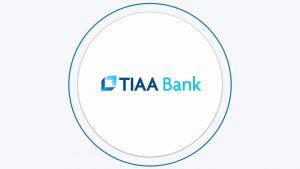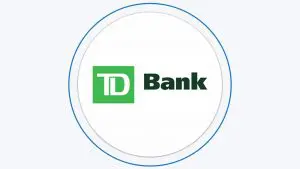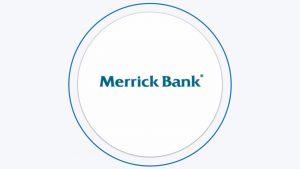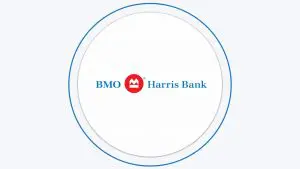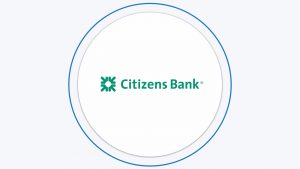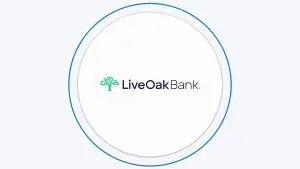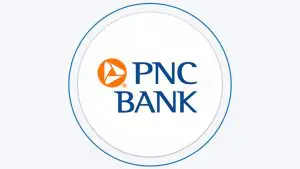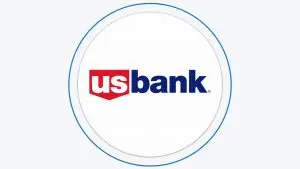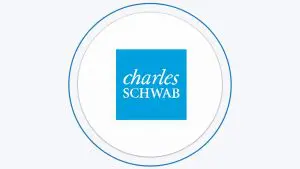Compare 1-Year vs 3 Year CD Rates: Which Is Best?
It is apparent that most banks and credit unions offer slightly higher rates for 1-year CDs as compared to 3-year CDs.
This may seem contrary to the conventional wisdom regarding CDs, which typically offer higher yields for longer terms, requiring a greater commitment and providing less flexibility.
However, current market expectations anticipate a lowering of the Federal Reserve (FED) rate in the medium term, which may result in a lower yield for longer-term investments.
Financial Institution | 1-Year APY | 3-Year APY | Min Deposit |
|---|---|---|---|
4.00% | 4.00% | $0 | |
4.00% | 3.60% | $0 | |
4.10% | 4.00% | $1,500 | |
4.00% | 3.60%
| $0 | |
3.40% | 3.20% | $1,000 | |
2.50% – 2.60% | 2.71% – 2.81% | $5,000 | |
4.10%
| 4.00%
| $2,500 | |
5.00%
| 4.10%
| $1,000
| |
4.20% | 2.00% | $2,500 | |
4.05% | 3.85% | $1,000 | |
4.20% | 4.15% | $1,000 | |
4.45% – 4.20% | N/A | $1,000 | |
3.75% | 3.50% | $2,500 | |
3.90% | 3.50% | $0 | |
4.20%
| 3.90% | $500 | |
4.20% | 3.90% | $25,000 | |
3.25% | 2.00% | $500 | |
2.75% (13 months) | 0.03% | $1,000 | |
2.00% | 2.00% | $1,000 | |
3.25% | 3.60% | $0 | |
N/A (11 months) | 1.30% | $250 | |
2.00% | 2.00% | $50 | |
4.40%
| 3.80% | $1,000
|
In contrast, a 1-year CD generally provides a higher yield since banks anticipate that the current FED rate (4.50% – 4.75% as of October 2025) will not change significantly in the near future.
The largest rate disparity between 1-year and 3-year CDs can be observed in banks such as Citibank, American Express, Bank of America, and Chase. This is because these larger banks often offer “special CDs” for the short term.
Conversely, financial institutions like Ally Bank, Discover, Capital One, and Synchrony offer some of the smallest differences in rates.
* Make sure to adjust APY, terms and deposit
Top Offers From Our Partners
Compare 1-Year vs. 3-Year Early Withdrawal Fees
An early withdrawal fee on a CD refers to the penalty charged by a bank or financial institution if you withdraw funds before the maturity date.
There is a considerable difference in early withdrawal fees between banking and credit unions.
- For instance, when it comes to a 1-year CD, State Bank of Texas offers the lowest penalty (30 days of interest), while Ally Bank and Consumers credit unions charge only 60 days of interest.
- On the other hand, some institutions like American Express (270 days of interest), Discover Bank, Synchrony Bank, Marcus, Bank of America (6 months/180 days of interest), and Lending Club (100% of interest earned) impose significant penalties if you withdraw your funds.
- For a 3-year CD, Consumers Credit Union and Ally Bank levy the lowest early withdrawal penalties, at 120 days and 90 days of interest, respectively. However, Chase bank (365 days), Lending Club (100% of interest earned), and Amex (270 days of interest) have the highest penalties for early withdrawal.
Financial Institution | 1-Year CD | 3-Year CD |
|---|---|---|
90 days of interest
| 180 days of interest
| |
3 months interest
| 6 months interest
| |
180 days simple interest
| 180 days simple interest
| |
6 months interest
| 6 months interest
| |
365 days / 30% of dividends (The lower) | 365 days / 30% of dividends (The lower) | |
90 days of dividends | 180 days of dividends | |
90 days of interest | 180 days of interest | |
25% of total interest earned | 25% of total interest earned | |
90 days of interest | 180 days of interest | |
Fees, based on the amount | Fees, based on the amount | |
Fees, based on the amount | Fees, based on the amount | |
Fees, based on the amount | N/A | |
100% of interest earned | 100% of interest earned | |
60 days of interest
| 90 days of interest
| |
180 days interest
| 180 days interest
| |
180 days of interest
| 180 days of interest
| |
90 days of interest | 180 days of interest | |
180 days of interest | 180 days of interest | |
180 days of interest
| 365 days interest
| |
270 days interest
| 270 days interest
| |
60 days of interest
| 120 days of interest
| |
90 days of dividends
| 180 days of dividends
|
Should I Consider 1 Year or 3 Year CD?
Opting for a 3-year CD instead of a 1-year CD can be a sensible choice in specific circumstances, depending on your financial goals and situation. Here are a few reasons why a 3-year CD might be worth considering:
Lock in Higher Rates: If you anticipate a decrease in interest rates and want to secure your money in a higher interest, a 3-year CD may be an attractive option as we can see in the tables above. This can help you earn more over the long-term, which can be beneficial if you're seeking to grow your savings.
Comfort: If you're looking for a long-term savings option that requires minimal maintenance, a 3-year CD might be a good choice. This is especially true if you have long-term savings goals, such as saving for a down payment on a home or your child's education.
However, there are also some reasons why you might prefer a 1-year CD over a 3-year CD:
Liquidity: If you anticipate requiring access to your funds before the CD term ends, a 1-year CD might be more appropriate. While you will still be subject to an early withdrawal penalty, the penalty will be lower than that for a 3-year CD. In times of inflation and constant changes, this is an important factor.
Flexibility: If interest rates go up while your CD is active, you may miss the opportunity to earn higher interest rates. By choosing a 1-year CD, you can be more flexible, build CD ladders or reinvest your funds in a higher-rate CD once the term ends.
To summarize, choosing a 3-year CD over a 1-year CD may be a sensible decision if you're seeking to lock in higher interest rates and have long-term savings goals that require peace of mind. However, if you value liquidity and flexibility, a 1-year CD might be a more suitable option.
It's essential to weigh the advantages and disadvantages of each option and consider your unique financial situation before making a decision.

